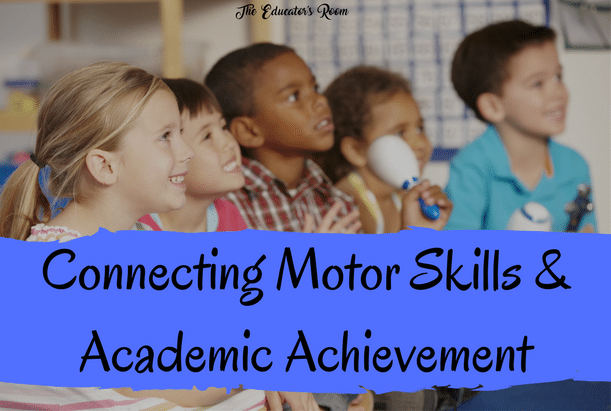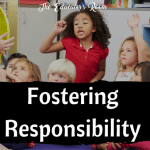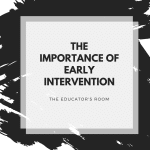We know how important it is to allow young children time to just play and be kids. We want them to run, be active and engage in group games that will help hone gross motor and social skills. Play is an integral part of learning for children, and believe it or not there is an actual process that develops as play happens. It is our responsibility as teachers to ensure that activities are planned in order to help with motor skill development, just as we plan activities to help with academic development.
[bctt tweet=”Play is an integral part of learning for children” username=”EducatorsRoom”]
The development of gross motor skills leads to the development of fine motor skills, but you can’t have the prior without the latter. If young children aren’t given the opportunity to participate in activities that help with their pincer grip, hand-eye coordination with tedious tasks along with the tasks that cater to gross motor skills, it hinders a child’s growth academically, not just physically.
Fine motor skills are crucial to development of neurons in the brain. There are some neurons that are involved in not only the processing of motor development, but cognitive tasks as well. This being said, strengthening the connection between these two types of neurons can result in greater academic achievement. The understanding is that the stronger the motor skill development, the stronger the neuron connections which assist children in academic tasks, especially math.
Children who have well developed motor skills, especially fine motor skills, are better able to navigate their environments and gain experiences earlier in life, preparing the child for greater academics. As infants children move involuntarily, while learning to control those movements turning them into voluntary motion. In order to do this, the child, even as an infant, must think about the process, therefore strengthening the motor skills-cognitive skills link. The more experiences a child has access to develop movement, the theory is that the better organizational training the child gains cognitively, ultimately giving the child a headstart academically.
[bctt tweet=”Children who have well developed motor skills are better able to navigate their environments” username=”EducatorsRoom”]
Finally the better experience a child has in honing gross motor skills, the easier it is for that child to control fine motor skills, and since a lot of what is done in an early learning classroom has to do with fine motor skills such as writing and drawing, the school of thought for this is that the child won’t have to focus as much on learning those fine motor skills and can spend more time focusing on academics. The child also doesn’t have to focus on performing both skills at once. If the fine motor skills are in place, for example, writing letters and numbers becomes easier than having to do both working on fine motor skills and learn the letters and numbers at one time.
Remember, motor skills need to be included in your early learning classroom along with academics. Without proper motor skills, especially fine motor skills, it is difficult for young children to be prepared for the academic learning process.
What motor skills experiences do you introduce in your classroom?







